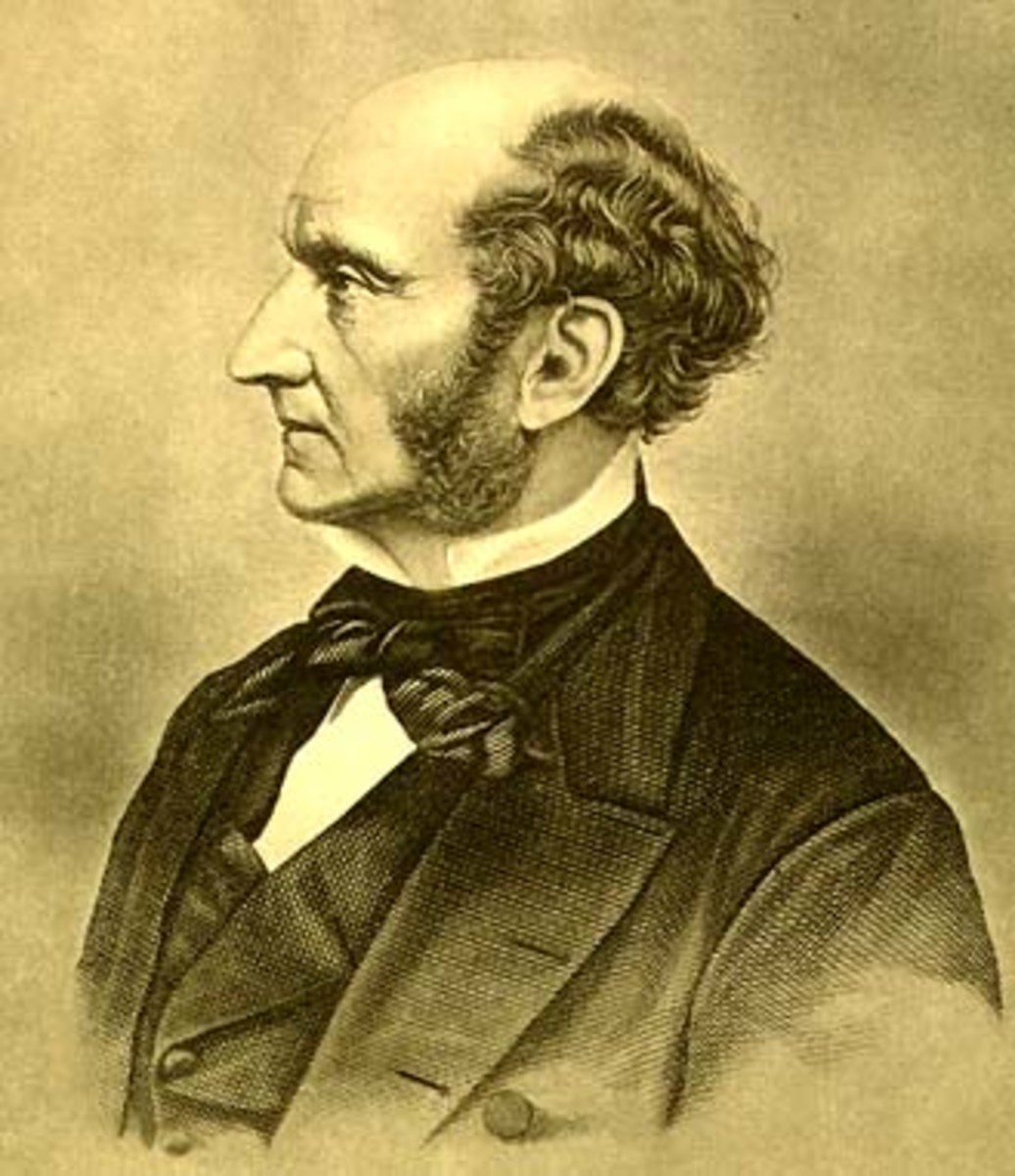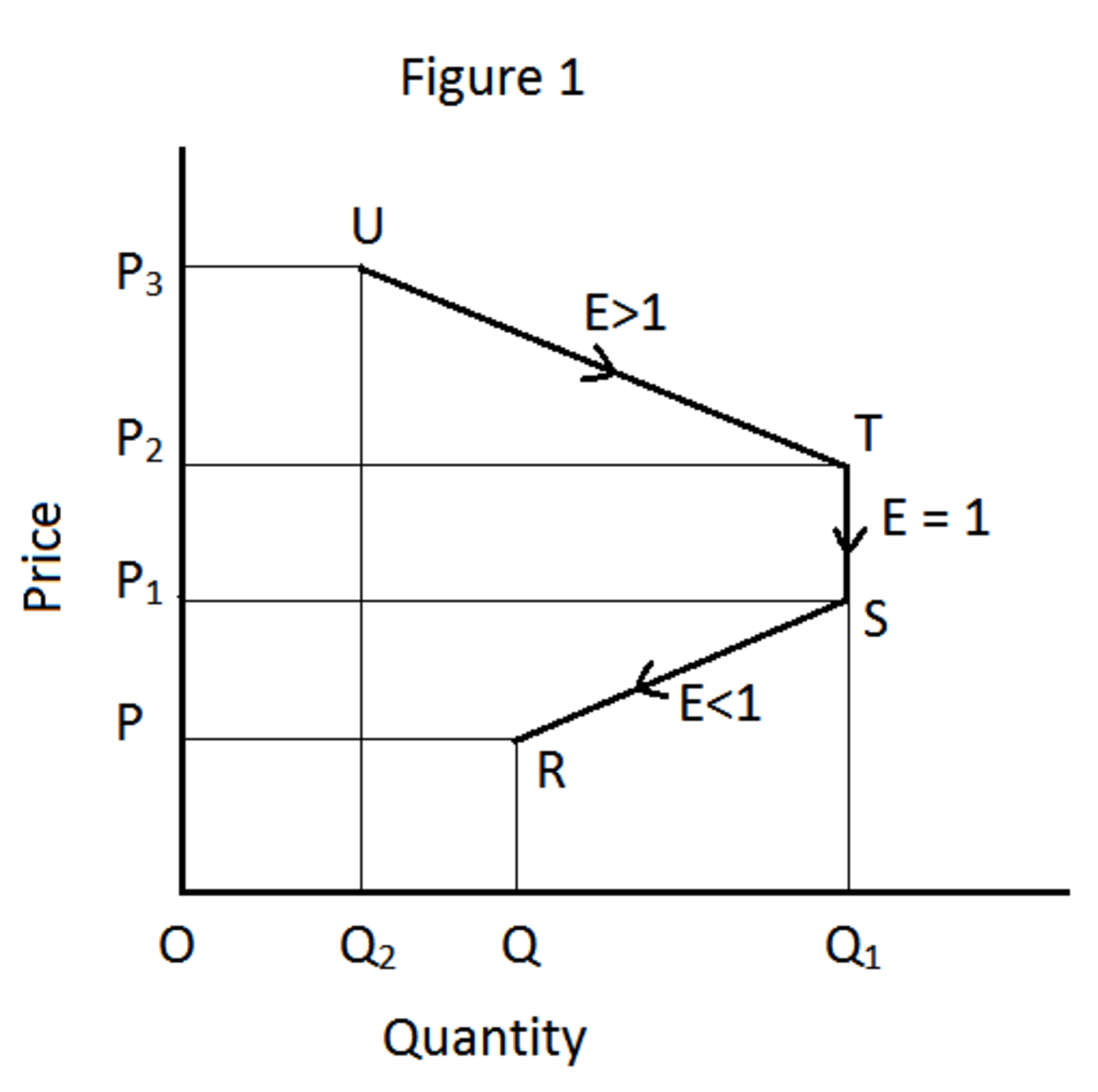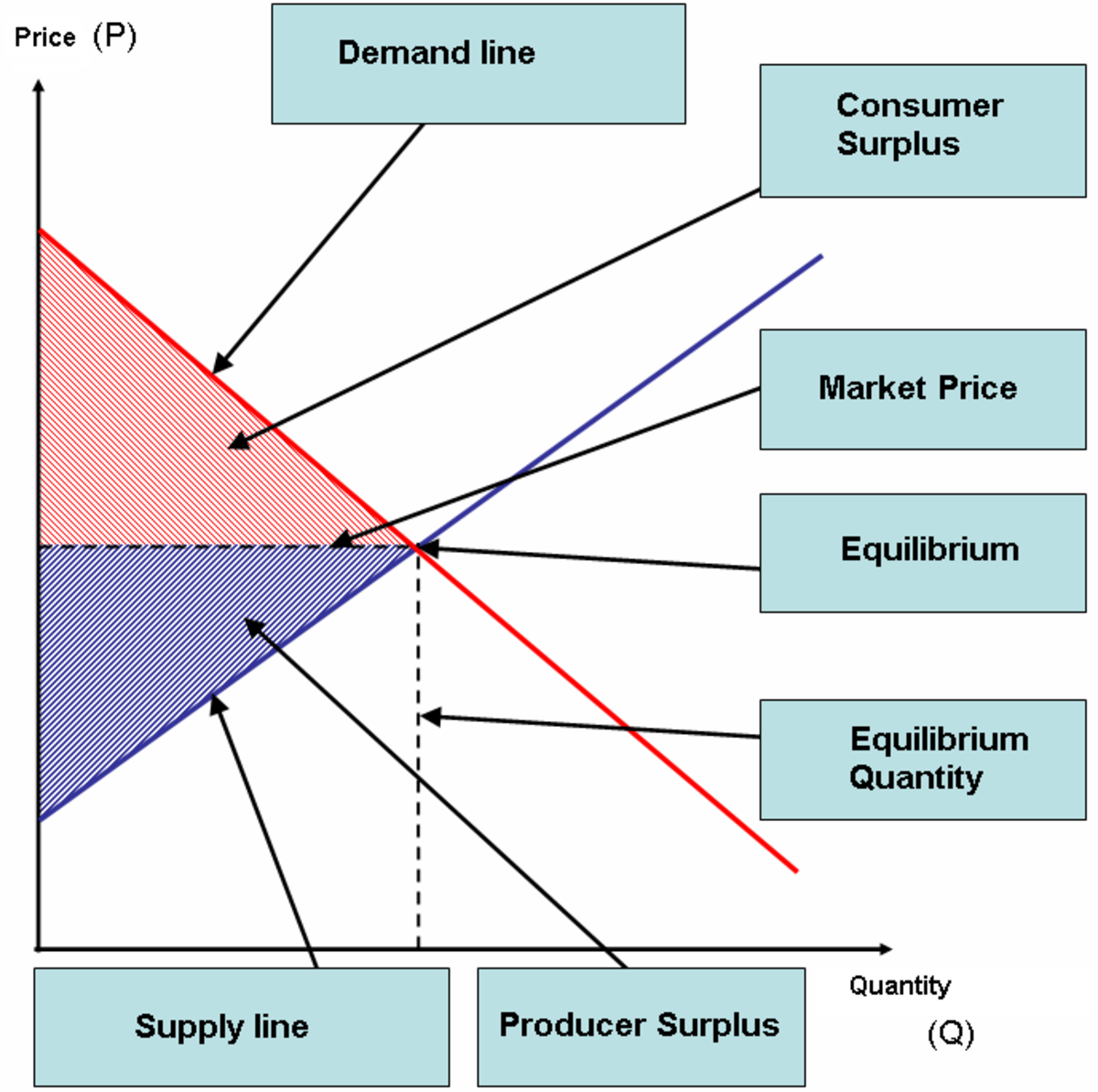Utilitarianism and Jeremy Bentham in Economics
Jeremy Bentham

Introduction
Jeremy Bentham claims a good position in Economics. He is recognized as one of the greatest figures of economists. He is regarded as the founder of utility concept in economics. Jeremy Bentham was a social philosopher interested in ethics, psychology, morality etc. He completed his higher education in law at England. He was a lawyer as like his father, but did not practiced the law. Instead he analyzed economics and become the leader of utilitarianism school. His main ideas are found from his various publications such as “Defense of Usury” (1787), and “An Introduction to the principles of Morals and Legislation” (1789).
Main Idea of Jeremy Bentham
As mentioned above Bentham is the greatest figure in the utilitarianism school. His name is associated with the utilitarianism concept as like Ricardo’s name is associated with the rent theory. Jeremy Bentham explains the concept of utilitarianism based on “Hedonistic Psychology”. In which he argues that, there are some factors, which inspires the human actions or economic activities.
Hedonistic Psychology
The theory of hedonistic psychology is connected on how the human actions are inspired. Basically pleasure and pain are the two important natural laws envisaged behind the humanity. By hedonistic psychology, human actions are inspired and done by balancing of pleasure and pain. Bentham believed that, pleasure and pain of human beings can be calculated and comparable. And also it depends on many factors like nearness, duration, intensity, certainty etc. Generally human beings are urge to get happiness from any of their actions. Happiness is the excess of pleasure over pain. Simply, human actions are motivated by calculating and comparing the pleasure and pain.
Bentham on Utility
Bentham’s principle of utility is also known as “the principle of greatest happiness”. According to him the ultimate aim of human actions is to maximize happiness by ensuring pleasure. And the level of happiness is determined by a test of balancing of pleasure and pain. Which may lead the human beings to do actions. Human actions are motivated when the pleasure is over pain. Based on the hedonistic psychology, Bentham also discusses the social equilibrium. He says that a society is the aggregate of individuals. So the same principle of utility can be applied at macro level also. Here the analysis method used by Bentham is inductive method as like other classical economists. At first he talks about individual actions and then focuses on the conditions at the social level.
Similar to other classical economists, Bentham also support laissez-faire system. So, he says that, there is no need for government actions. Some of the government actions may create pain among people. Because government may put restrictions on human actions by imposing of tax, fine etc. Therefore, it will be completely against the principle of utility. At the same time Bentham highlights the role of government in legislation. But it must not question the human freedom and must be favorable to the greatest happiness of the society. Since, Bentham supports laissez-faire theory, He was also in favor to the system of free competition.
The ultimate aim of human actions is to maximise happiness by ensuring pleasure. And the level of happiness is determined by a test of balancing of pleasure and pain
Some Criticism on Bentham’s Principle of Utility
Since the principle of utility of Bentham is a subjective concept, it is not free from criticisms particularly compared to the modern times. He argued that human pleasure can be calculated or measurable. But it is not exactly true because of several reasons. For instance, the human pleasure on a particular action may vary from person to person. So it is not possible to fix a common magnitude to measure the human pleasure. Further, he also argues that, social order or social system is come in to existence by aggregating the individual actions. Here it is difficult to measure the pleasure of the society as a whole.
Conclusion
Even though Bentham’s principle of utility challenged many criticisms, it is still valuable. Because every economy is trying to attain a good equilibrium condition at which all are satisfied. Bentham also argues the same that, the social interest will come in to existence by adding all the individuals’ pleasure. He is regarded as one of the philosophical radicals like J.S Mill. He simultaneously highlighted wealth and morality or ethics for making a better social order. For that he supported legislation. In short, Jeremy Bentham was a great philosopher who spread the light for many developments in economics like ‘Marginal utility analysis.






